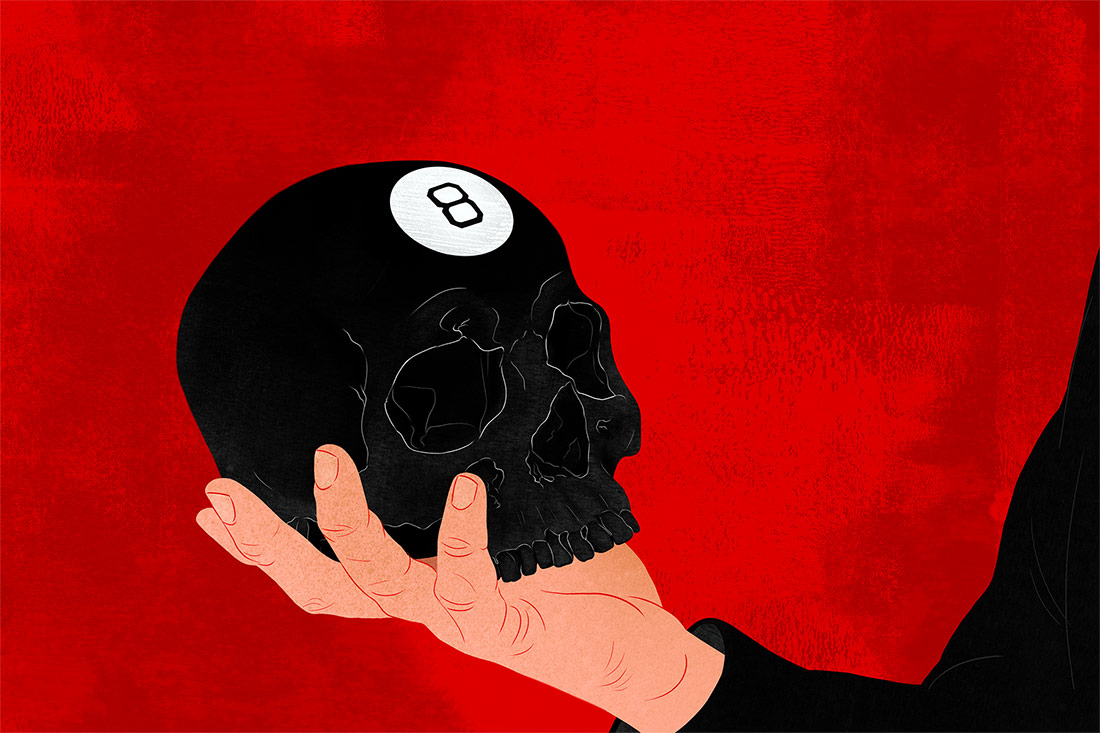The Heart of Paradox
And here we are. At the heart of our paradox. I criticize the institutions that I simultaneously crave work in. The avenues for success available as a young theatre actor in Ontario are few and narrow. And even the mavericks, the urban upstarts who blaze their own trails, usually end up working at the established theatre institutions (urban or festival). For when institutions and mavericks work together, they mutually legitimize each other.10
We all said we didn’t want to get stuck. Then we all auditioned anyway and 95 percent of us didn’t get in. And now we find ourselves longing to be stuck somewhere. Longing to be paid by somebody other than a soul-sucking restaurant job or an equally soul-sucking commercial. Our ideals and our fire have been tested in the face of reality. The reality that we despised hearing about from those established folks who told us, “If you can do something else, do it.” And we want to be doing brave, edgy theatre that challenges all institutions (theatre and otherwise), and we still have that fire, and that hunger, and we still have our ideals. But that little “fuck you,” that youthful chip on our shoulder, that healthy or not-so-healthy disdain for the institutions that exist, is melting now that we are on the outside. And we crave success, we crave legitimacy, we crave money, validation, and work. Things we can get from the selfsame institutions we once boldly criticized.
Perhaps this is true for all performing artists, of any age or notoriety.11 You do the superhero movie to fund the indie passion project. You take the commercial to go do theatre. And if you’re lucky, if you’re one of very few, you work at a festival and do your contemporary, avant-garde, indie-but-still-totally-getting-paid-well-for-it theatre in the city in the winter.
Maybe one day, when a hypothetical daughter of mine decides to become an actor, change will have occurred. And she’ll find the established theatre institutions of the day, the places you work at when you’re a “somebody,” more appetizing to her particular political palette. Or maybe change will have occurred, yet she’ll still find herself in my current situation. Because the institutions that my generation will have established will be just that, “the establishment.”
Maybe it will always be this way. Maybe the young are forever doomed to resist the establishment, while craving that special credibility and notoriety that only the establishment can give.
Maybe my hypothetical daughter won’t have to struggle to establish herself. She’ll begrudgingly accept that her name carries plenty of weight, because her parent, of course, has been wildly successful.
Sincerely,
An actor dancing at the heart of paradox
-
- 10. For instance, Jordan Tannahill is (to some) made more legitimate/interesting by working with Canadian Stage. And Canadian Stage is (to some) made more legitimate/interesting by working with Jordan Tannahill. Mutual legitimization.
-
- 11. Maybe even all careers.









Comments